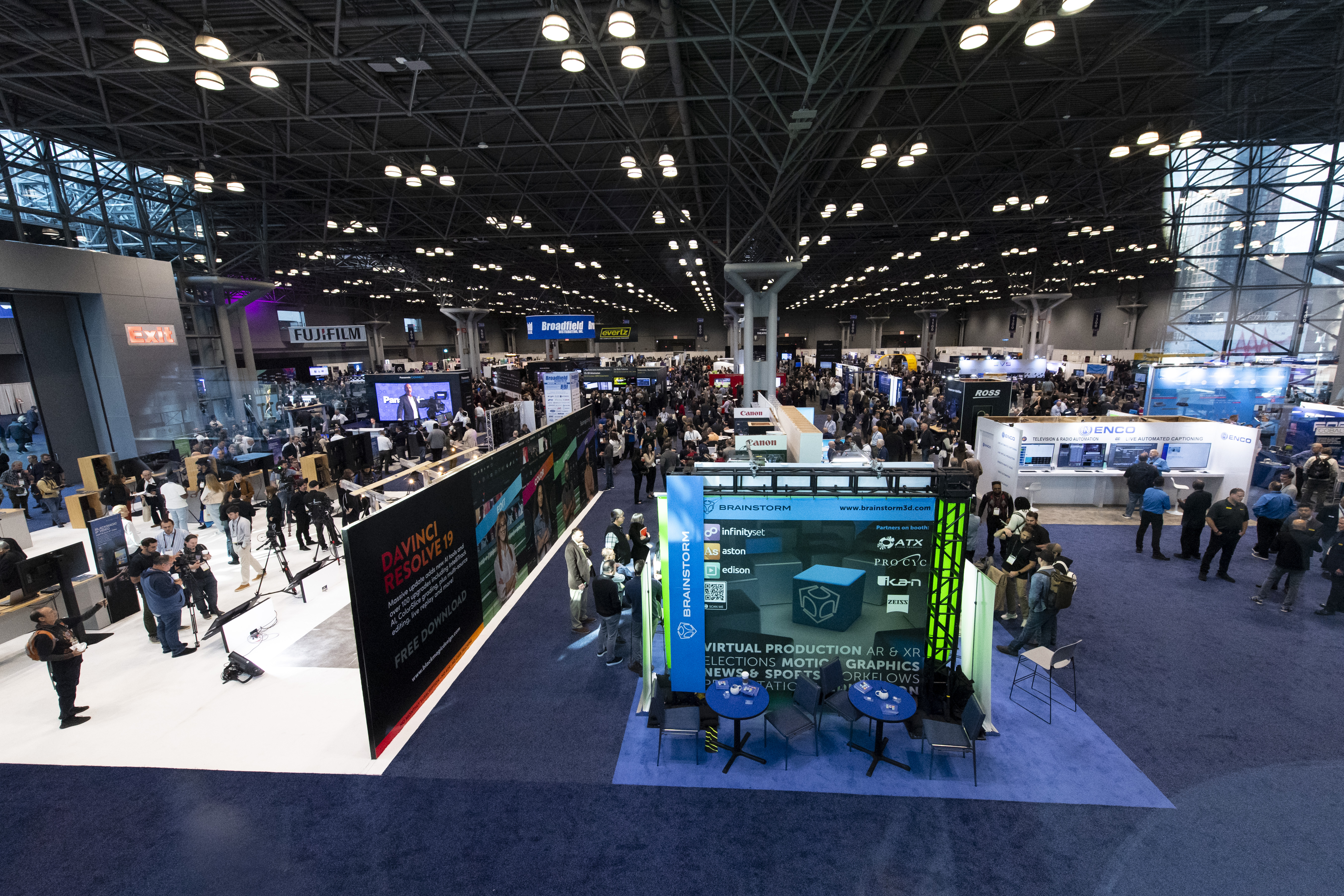FCC Proposes Rules on Reporting Submarine Cable Outages
WASHINGTON—The Federal Communications Commission has proposed rules that would require submarine cable licensees to report significant outages.
The FCC said there are approximately 60 submarine cables that provide voice, data and Internet connectivity between the mainland U.S. and Alaska, Hawaii, Guam, American Samoa, the Northern Mariana Islands, Puerto Rico, and the U.S. Virgin Islands, as well as virtually all connectivity between the U.S. and the rest of the world. Licensees currently only report outages on an ad hoc basis, and the information received by the FCC is too limited to be of use, the commissin said.
Consequently, the agency is seeking timely information about submarine cable outages, with enough detail to understand the nature and impact of any damage and disruption to communications, help mitigate any impact on emergency services and consumers, and to assist in service restoration. More consistent reporting on submarine cable outages can improve the agency’s ability to spot trends, address systemic issues, and inform policymaking, the agency said.
Specifically, in the Notice of Propose Rulemaking adopted Sept. 17 (but not yet posted at press time), the commission seeks comment on a proposal that submarine cable licensees report major outages (i.e. outages involving either lost connectivity or degradation of 50 percent or more of an undersea cable’s capacity for periods of at least 30 minutes, regardless of whether the cable’s traffic is re-routed) to the agency’s Network Outage Reporting System, or NORS. The commission also seeks comment on how the agency can improve submarine cable deployment processes generally. In addition, the International Bureau, in coordination with the Public Safety and Homeland Security Bureau, will develop and improve interagency coordination to facilitate deployment of this critical infrastructure.
Docket No. is 15-206.
The professional video industry's #1 source for news, trends and product and tech information. Sign up below.
